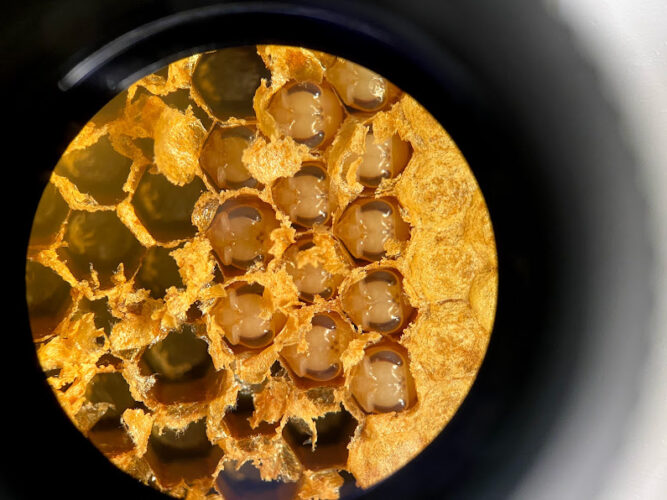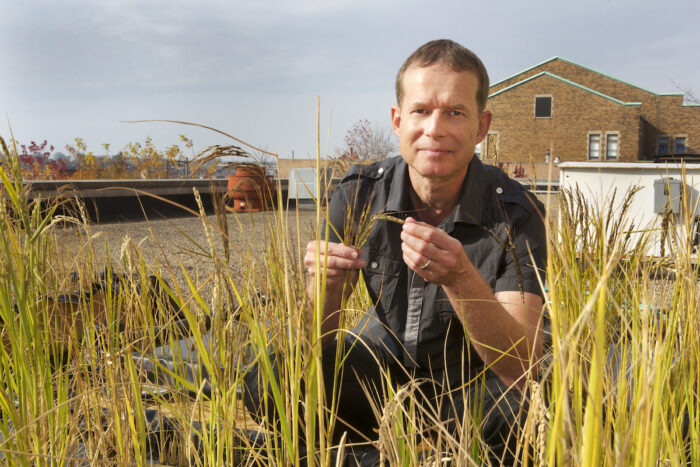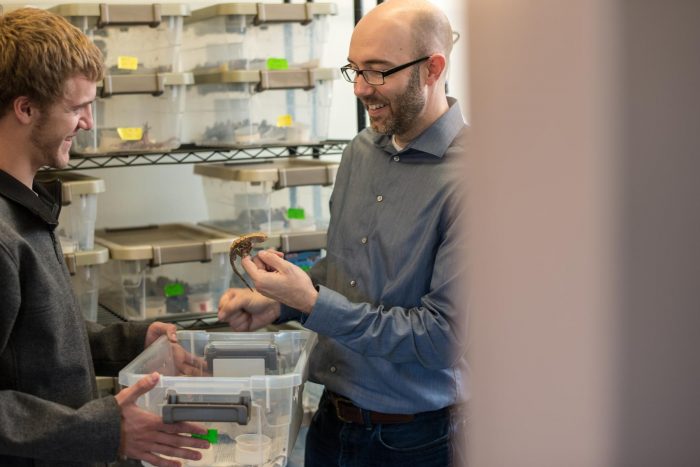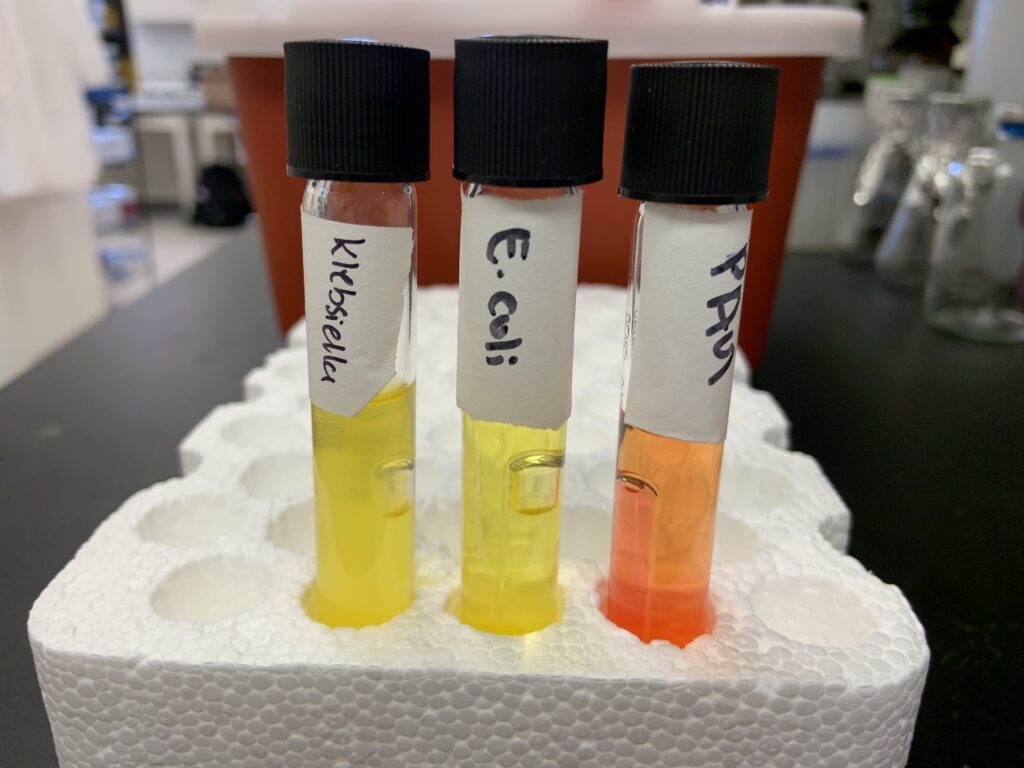
For two weeks this fall semester, Christina Lim and Sophie Bridwell carefully gathered their microbiology lab equipment, placed it securely in their vehicles and drove to Milwaukee Public Schools’ Audubon Technology and Communication High School — their mission was to educate students about the importance of water quality and open them to the world of science. It’s all part of the educational outreach program known as “Project Water,” which focuses on teaching at MPS high schools that lack sufficient lab equipment or dedicated science rooms.
For Lim, lab manager in Marquette’s Department of Biological Sciences, and Bridwell, a Ph.D. candidate in microbiology, this experience provides an opportunity to excite a new generation about the necessity of clean water and open their eyes to the world of environmental microbiology. With only a few chairs and tables provided, Lim and Birdwell set up the same lab equipment they utilize in their Ph.D. and graduate programs to conduct the labs for the high school students. For two days a week, the duo teaches three classes a day to around 80 students.
“By teaching them basic microbiology and water quality testing, it introduces the students to new areas that they didn’t know anything about but may have great interest in,” Bridwell says.
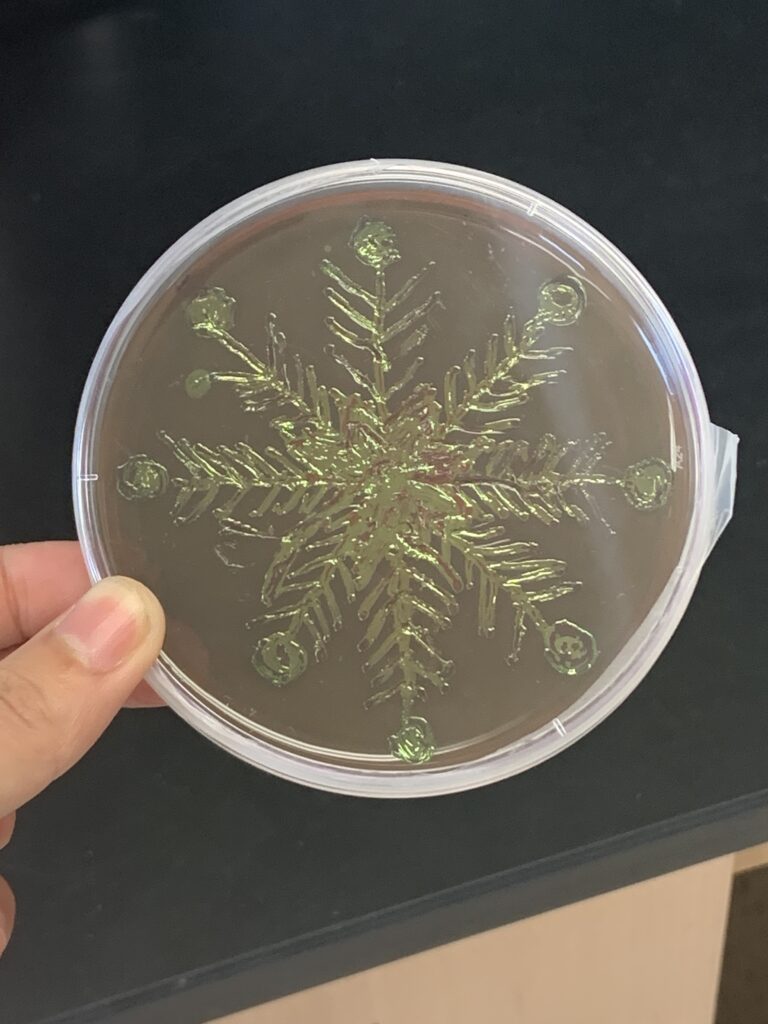
In the labs, students tested water quality, which included taking local water samples and testing for lead contamination. Students also attended field trips to Jones Island Water Reclamation Plant and the University of Wisconsin-Milwaukee’s School of Freshwater Sciences. At Jones Island, students learned about what happens to waste after it’s collected, as well as engineering and plumbing. At the School of Freshwater Sciences, they dive into aspects of the natural system and are exposed to an academic research setting.
“We were able to show the students that this profession is very much in the realm of possibility, if that’s what they choose to pursue down the road,” Lim says.
Although the program focuses on educating high school students about water quality issues, the bigger picture of the program is about exposing students to science lab work and opportunities waiting for them after graduation.
“It’s important for people to see that science doesn’t happen in a white ivory tower — you don’t need to be from a certain background or from a certain demographic,” Lim says. “Scientists come in different types and it’s important for them to see that science is accessible to them.”
Program background
Project Water began in 2015 with funding secured by Kiana Yang, postdoctoral researcher in the Opus College of Engineering, and Dr. Krassi Hristova, professor of biological sciences in the Klingler College of Arts and Sciences. In 2019, Dr. Chris Marshall, assistant professor of applied and environmental microbiology, joined the effort until the pandemic paused the program in 2020.
Last fall, Marshall helped revive the program with Hristova and new funding from the Milwaukee Metropolitan Sewerage District; in 2023, Marshall took over the program, which is organized and based out of his lab.
Although the program focuses on educating high school students about water quality issues, it also aims to expose students to science lab work and opportunities waiting for them after graduation.
“Project Water doesn’t just focus on water quality issues,” Marshall says. “It’s also trying to expose the students to the world of STEM (science, technology, engineering and math), and the possibility of a career within it.”
